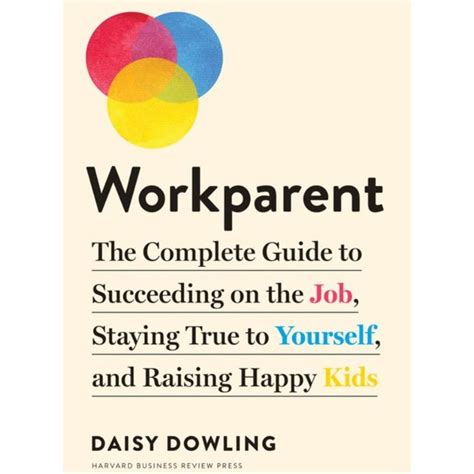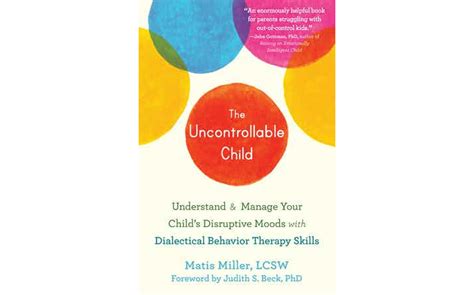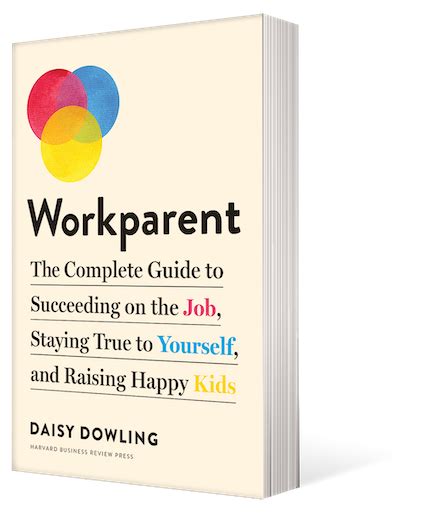Raising teenagers as a single parent presents unique challenges that require a thoughtful and balanced approach. This comprehensive guide explores effective strategies to navigate the complexities of single parenting during the teenage years. From balancing work and family life to fostering open communication, setting clear boundaries, and addressing emotional and behavioral challenges, this guide offers practical advice tailored to the needs of single parents. Additionally, it emphasizes the importance of encouraging academic success, building a strong support network, and promoting a healthy lifestyle for both parents and teenagers. Equip yourself with the tools to raise resilient and well-rounded teenagers.
Let’s investigate this topic extensively with domgiz.com
1. Balancing Work and Family Life as a Single Parent
Balancing work and family life as a single parent can be one of the most challenging aspects of raising teenagers. Without a partner to share responsibilities, managing time effectively becomes crucial. Start by creating a structured schedule that includes work commitments, household chores, and quality time with your teenager. Prioritizing tasks and setting realistic expectations can help alleviate stress and ensure that both work and family needs are met.
Flexibility is key; consider exploring work-from-home options or adjusting your work hours to better align with your teenager’s schedule. Open communication with your employer about your situation can also lead to more supportive workplace arrangements.
Involving your teenager in household responsibilities not only lightens your load but also teaches them valuable life skills. Encourage them to take part in meal preparation, cleaning, or other chores, fostering a sense of teamwork and responsibility.
Lastly, don’t forget to carve out time for self-care. Maintaining your well-being is essential to being an effective parent. Whether it’s through regular exercise, hobbies, or simply taking a few moments of quiet time, self-care helps you recharge and stay resilient in the face of daily challenges. By striking a balance, you can create a harmonious home environment where both work and family life thrive.

2. Effective Communication Techniques with Teenagers
Effective communication with teenagers is vital in maintaining a healthy parent-child relationship, especially in single-parent households. Start by creating an open and non-judgmental environment where your teenager feels comfortable expressing their thoughts and emotions. Active listening is key—give them your full attention, acknowledge their feelings, and respond with empathy rather than immediate solutions or criticisms.
Regular check-ins, whether during meals, car rides, or quiet evenings, help establish a routine for open dialogue. It’s also important to be clear and consistent in your communication. Set expectations, but allow room for your teenager to voice their opinions and contribute to decision-making processes.
Using positive reinforcement and encouragement can foster trust and cooperation. Praise their efforts and achievements, no matter how small, and offer constructive feedback when necessary. Additionally, modeling effective communication yourself, such as managing conflicts calmly and expressing your emotions clearly, sets a strong example for your teenager to follow. By fostering open communication, you build a foundation of trust and mutual respect.

3. Establishing Rules and Boundaries for Teenagers
Establishing clear rules and boundaries is essential for guiding teenagers through their formative years. As a single parent, it’s important to set firm yet fair guidelines that provide structure and security. Begin by discussing the rules with your teenager, explaining the reasons behind them and how they contribute to a safe and respectful household. Involving them in the process can lead to better understanding and cooperation.
Consistency is key—enforce rules uniformly to avoid confusion and ensure your teenager knows what to expect. However, be open to revisiting and adjusting boundaries as your teenager grows and circumstances change.
It’s also important to establish consequences for breaking rules, but these should be reasonable and focused on learning rather than punishment. Encourage responsibility and accountability by allowing your teenager to experience the natural outcomes of their actions.
Balancing firmness with flexibility helps create an environment where your teenager feels respected and understood, fostering a sense of responsibility a

4. Managing Teenagers’ Emotional and Behavioral Challenges
Managing teenagers’ emotional and behavioral challenges requires patience, understanding, and a proactive approach. Adolescence is a time of significant change, and as a single parent, you may face these challenges without the immediate support of a partner. Start by recognizing that emotional fluctuations are a normal part of teenage development. Creating a supportive environment where your teenager feels safe to express their emotions is crucial.
When behavioral issues arise, address them calmly and constructively. Instead of reacting with anger or frustration, take a step back and try to understand the underlying causes of their behavior. Open communication plays a critical role here—ask questions and listen to their perspective without judgment.
Setting clear expectations and consistent consequences can help manage behavioral challenges, but it’s equally important to show empathy and offer guidance. Encourage your teenager to develop healthy coping mechanisms, such as engaging in physical activity, pursuing hobbies, or practicing mindfulness.
If emotional or behavioral issues become overwhelming, don’t hesitate to seek professional help. Therapists and counselors can provide valuable support and tools for both you and your teenager. By approaching these challenges with care and consistency, you can help your teenager navigate this complex period with resilience.
5. Encouraging Academic Success and Extracurricular Involvement
Encouraging academic success and extracurricular involvement is vital for your teenager’s overall development. As a single parent, your role in motivating and supporting your child’s educational journey is crucial. Start by establishing a positive attitude toward learning at home. Show interest in their studies, ask about their day at school, and celebrate their achievements, no matter how small.
Create a structured environment for homework and study time, free from distractions. Setting realistic academic goals together can help your teenager stay focused and motivated. Additionally, fostering good study habits, such as time management and organization, will support their success.
Extracurricular activities also play a significant role in personal growth. Encourage your teenager to explore interests outside the classroom, whether in sports, arts, or clubs. These activities not only build skills and confidence but also provide a healthy outlet for stress.
Balancing academics and extracurriculars can be challenging, so work together to find a manageable schedule. Your support and involvement will reinforce the importance of education and help your teenager develop a well-rounded and fulfilling life.
6. Building a Support Network for Single Parents
Building a support network as a single parent is crucial for both your well-being and your teenager’s development. Managing the responsibilities of raising a teenager on your own can be overwhelming, and having a reliable support system can make a significant difference.
Start by reaching out to family and friends who can offer emotional support, practical help, or simply a listening ear. Don’t hesitate to lean on those who care about you and your child. Building connections with other single parents can also be incredibly valuable, as they understand the unique challenges you face and can offer advice and encouragement.
Joining parenting groups, either in your local community or online, provides a sense of belonging and access to resources. These groups can be a great place to share experiences, ask for advice, and find solidarity with others in similar situations.
If possible, seek out community programs or services designed to support single parents, such as counseling, financial assistance, or childcare resources. Professional support from therapists or counselors can also be beneficial, offering guidance for both you and your teenager.
By cultivating a strong support network, you’ll be better equipped to handle the challenges of single parenting, ensuring a more stable and nurturing environment for your teenager.
7. Promoting Healthy Lifestyle and Self-Care for Teenagers
Promoting a healthy lifestyle and self-care for teenagers is essential for their physical and emotional well-being. As a single parent, you play a crucial role in setting an example and encouraging healthy habits. Start by ensuring your teenager has access to nutritious foods and regular physical activity. Encourage balanced meals, limit sugary and processed foods, and involve your teenager in meal planning and cooking to foster healthy eating habits.
Physical activity is equally important. Support their involvement in sports, recreational activities, or other forms of exercise that they enjoy. Regular exercise helps manage stress, improve mood, and maintain overall health.
In addition to physical health, emphasize the importance of mental well-being. Teach your teenager stress management techniques, such as mindfulness, relaxation exercises, or engaging in hobbies they love. Encourage them to maintain a balanced schedule that includes time for school, extracurricular activities, and relaxation.
Modeling self-care is also vital. Show your teenager the importance of taking time for themselves, managing stress, and maintaining a healthy work-life balance. By prioritizing health and self-care, you help your teenager develop habits that contribute to a positive and balanced lifestyle.
Navigating single parenting during your teenager’s formative years requires dedication, patience, and effective strategies. By balancing work and family life, fostering open communication, setting clear rules, managing emotional challenges, supporting academic and extracurricular pursuits, building a strong support network, and promoting a healthy lifestyle, you can create a nurturing environment that helps both you and your teenager thrive.
domgiz.com

